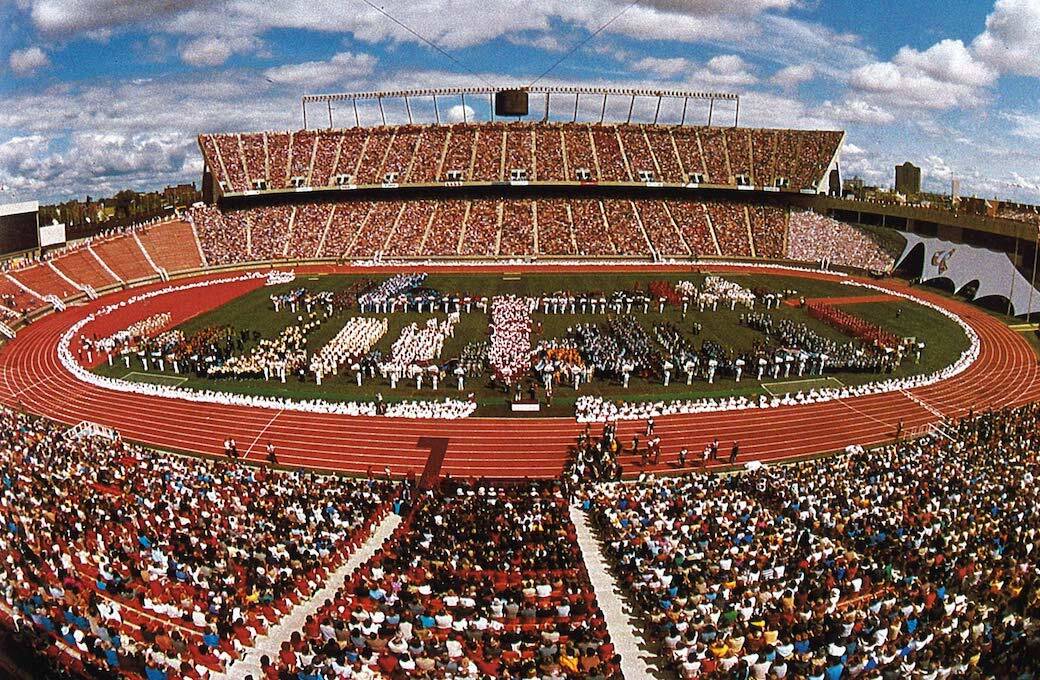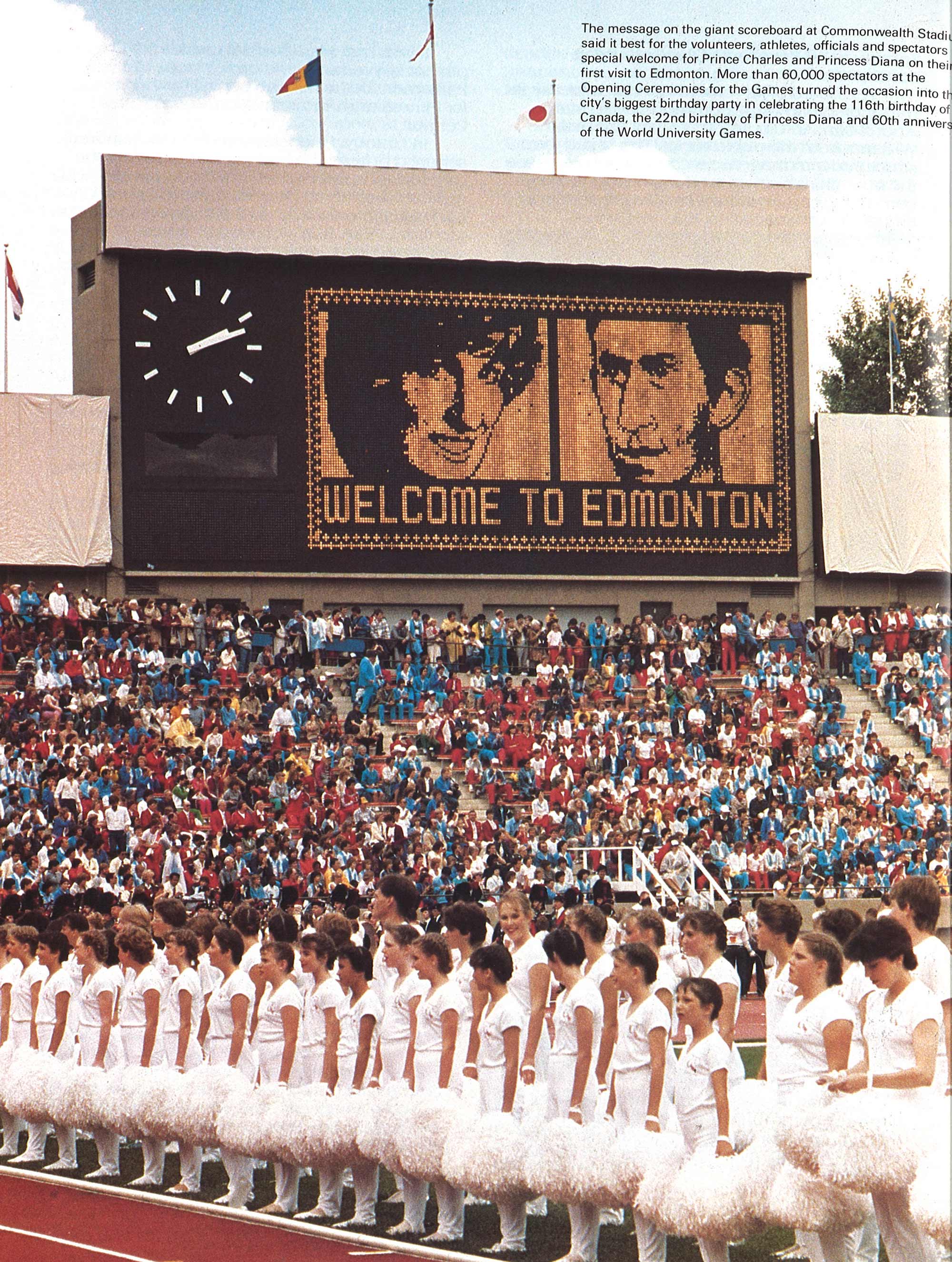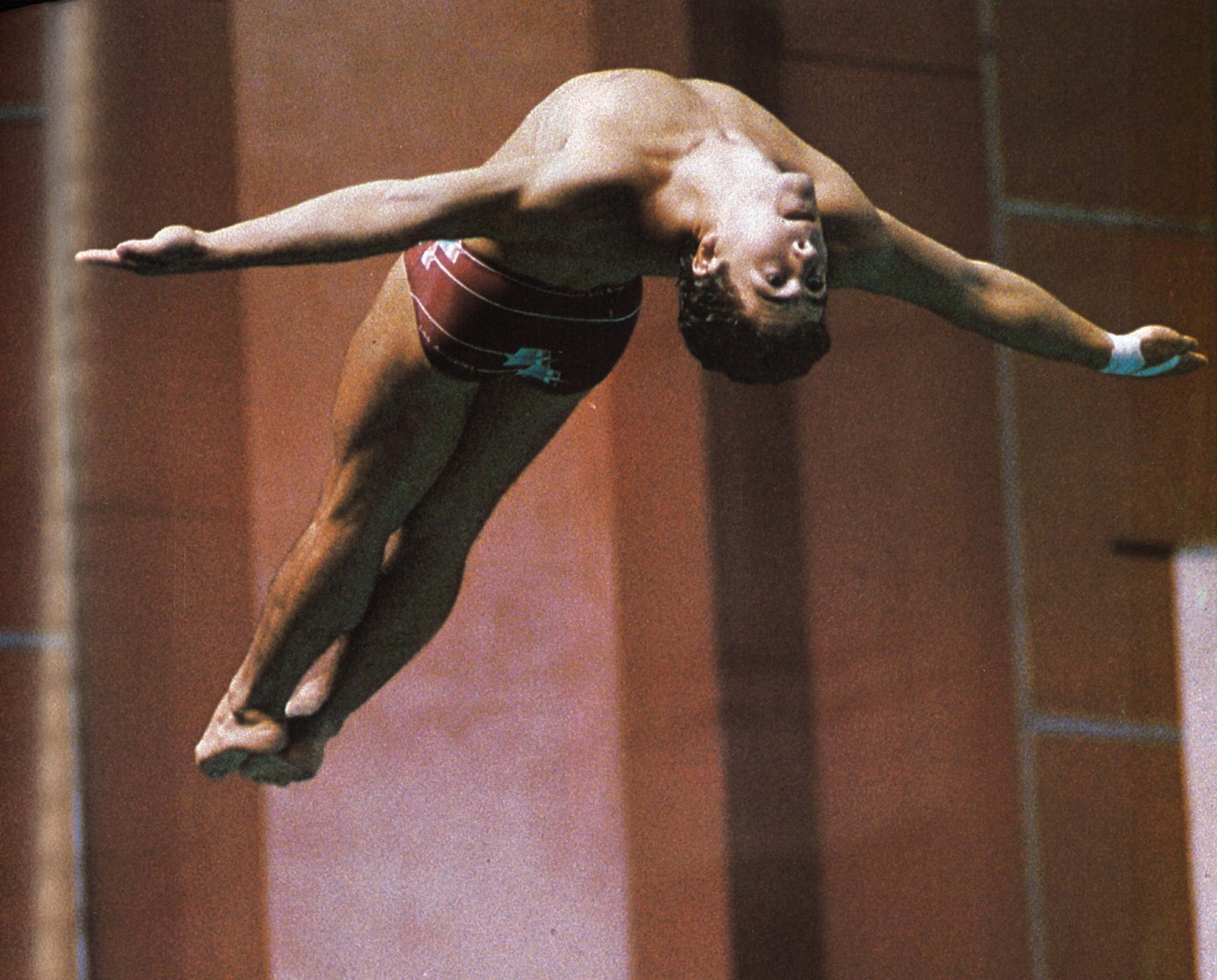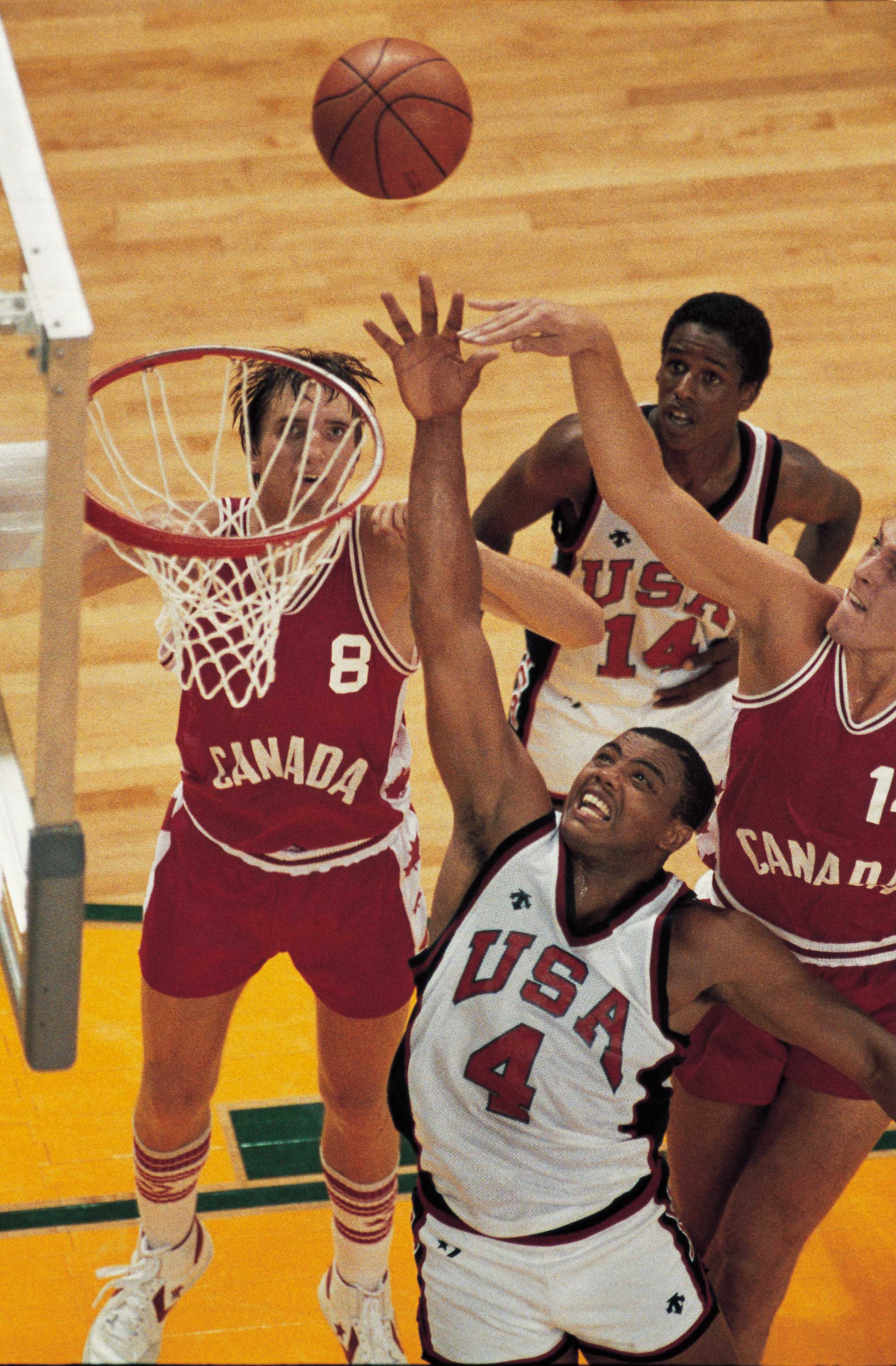International
2020 FISU eSports Challenge


FISU and U SPORTS Staff

The Summer Universiade made its way to North America for the first time in 1983, when the 12th edition of the World University Games was held in Edmonton, Canada, with a certain royal couple highlighting what turned out to be a hugely successful event.
With a crowd of 60,000 flocking to the Commonwealth Stadium for the Opening Ceremony, the Universiade was opened by Prince Charles, accompanied by Princess Diana, who captivated all of Canada during their first visit to the nation.
The entire stadium broke into a rousing chorus of happy birthday for Diana, who was celebrating her 22nd birthday that day, July 1, which also happened to be the first Canada Day in the country’s history (prior to 1983 it had been known as Dominion Day).

“That was a big thrill in the village when (they) actually came and walked through and talked to the athletes,” says Mary Appleton, former Director of International Operations for U SPORTS from 1979-89, when it was known as the Canadian Intercollegiate Athletic Union.
The number of athletes who gathered in the capital of the province of Alberta totalled 2,400 from 73 countries, and some 19,000 volunteers helped stage a Games with significant funding from the private sector, which was a ground-breaking development for the university sports movement.
“As any participant will say, there is nothing like competing at home"
Mary Appleton - Director of International Operations 1979-89, CIAU (U SPORTS)
China had not been seen in huge numbers at an international meet since the 1932 Olympic Games in Los Angeles, but the Asian giant sent a party of close to 200 to Edmonton, which underlined the allure of a city that also hosted the 1978 Commonwealth Games. Five years later, and seven years removed from the Montreal 1976 Olympics, Canada found itself playing host to the world once again.
“As any participant will say, there is nothing like competing at home,” says Appleton. “When you’re the last team to enter the stadium and the crowd just erupts. It’s indescribable how much pride there is to hear and see a whole stadium cheer for you as you march in. The pride in the city was enormous.”
The competition itself proved intense and exciting, lifted by the performance of the Canadian athletes who finished third on the medals table behind only the Soviet Union and their North American neighbours, the United States. Alex Baumann stood out for Canada, sweeping the 200-metre and 400m individual medleys in the pool as a prelude to his gold-medal and world-record-setting heroics the following year at the Los Angeles Summer Games.

But the top Canadian highlight was the men’s basketball team, who captured Canada’s first and still only gold medal in a traditional team sport at the Summer Universiade on home court. Coached by legendary bench boss Jack Donohue – the namesake of the U SPORTS Final 8 Championship MVP Award – Canada upset the U.S. in the semifinals before beating Yugoslavia in the championship game at the Universiade Pavillion.
“There’s a culture in each sport that shines through and teams are especially disciplined,” says Appleton. “But that team, I remember – because Jack was a legend already – they were models of discipline and fortitude and courage.”

The Soviets – who topped the medal standings for the seventh consecutive Universiade – were dominant in the pool, spearheaded by Vladimir Salnikov. The Soviets captured 22 titles and shattered 18 Universiade records in Edmonton. The American campaign was powered by a pair of future NBA superstars, Charles Barkley and Karl Malone, though they came home from the Universiade as bronze medalists. American Greg Louganis took centre stage in diving, a prelude to his double gold medal performances at the 1984 and 1988 Olympics.
On a tragic note, Soviet diver Sergei Chalibashvili died after hitting his head on the platform while attempting a reverse 31/2 somersault in the tuck position. He was 21 years old.
“Canadians found out what a Universiade is (in 1983)…bringing it home caught people’s interest,” says Appleton. “It spurred on more interest among the universities themselves to take note of how they could participate.”
International
FISU
